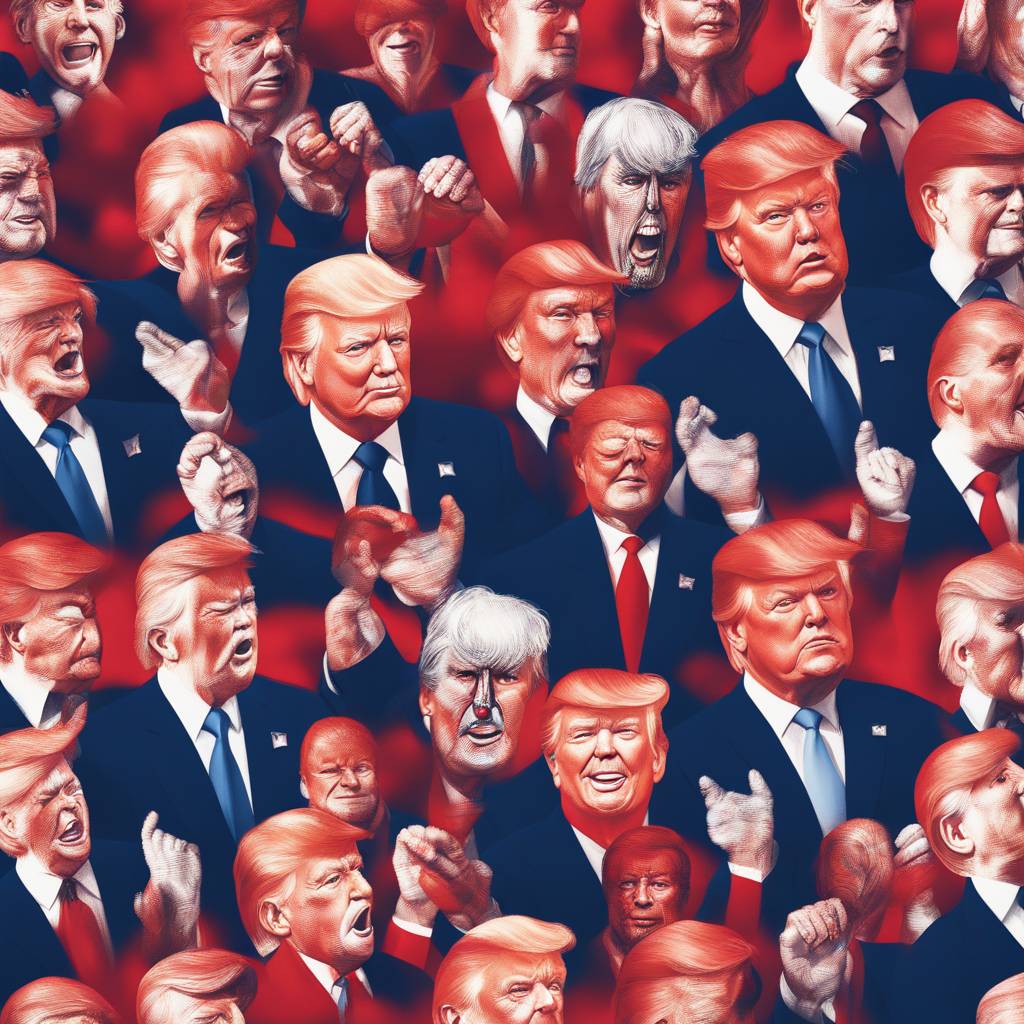A recent rally held by Donald Trump in Green Bay, Wisconsin saw the former president expressing his support for a winner-take-all system for Nebraska in the upcoming presidential elections. However, a bid to adopt this system in Nebraska faced a setback as state lawmakers voted down a procedural motion that could have put the bill to a vote. The Republican-controlled legislature rejected the motion by a clear margin, effectively blocking the proposal from moving forward. The bill, if passed, would have likely resulted in all of Nebraska’s electoral college votes going to Trump after the November election, a stark contrast to the four votes he received in 2020.
The rejection of the procedural motion by Nebraska lawmakers leaves the fate of the winner-take-all system uncertain, as it was seen as the last opportunity to pass such a measure during the current legislative session. The bill was supported by Trump and his allies, who hoped to stack the electoral college votes in his favor for the upcoming election. However, the decision by state lawmakers to block the procedural motion indicates that there may still be resistance within the Republican-controlled legislature to such a significant change in the voting system.
Nebraska’s current electoral college system allocates its votes proportionally, with the winner of the popular vote in each congressional district receiving one electoral college vote, and the overall state winner receiving the remaining two votes. In 2020, Trump won four of the state’s five electoral college votes, with Biden securing the fifth by winning the 2nd Congressional District. The proposed winner-take-all system would have meant that all of Nebraska’s electoral college votes would go to the overall winner of the state’s popular vote, a change that could have significant implications for future presidential elections in the state.
The rejection of the winner-take-all system in Nebraska comes amidst ongoing debates and discussions around election laws and voting systems in states across the country. Following the 2020 election, which saw record turnout and high levels of voter engagement, many states have introduced or considered changes to their election laws, with some seeking to restrict access to voting and others aiming to expand voting rights. The debate over how elections are conducted and how votes are counted is likely to continue to be a major point of contention in the political landscape leading up to the next presidential election.
The outcome of the legislative vote in Nebraska highlights the complexities and challenges of changing election laws and systems, particularly in a highly polarized political environment. The rejection of the procedural motion shows that there are still significant hurdles to overcome in implementing significant changes to the electoral college system, even in states where one party holds a clear majority. The debate over winner-take-all systems and other election reforms is likely to continue to be a prominent issue in the political discourse leading up to the next presidential election, as lawmakers and voters grapple with questions of fairness, representation, and the integrity of the democratic process.








